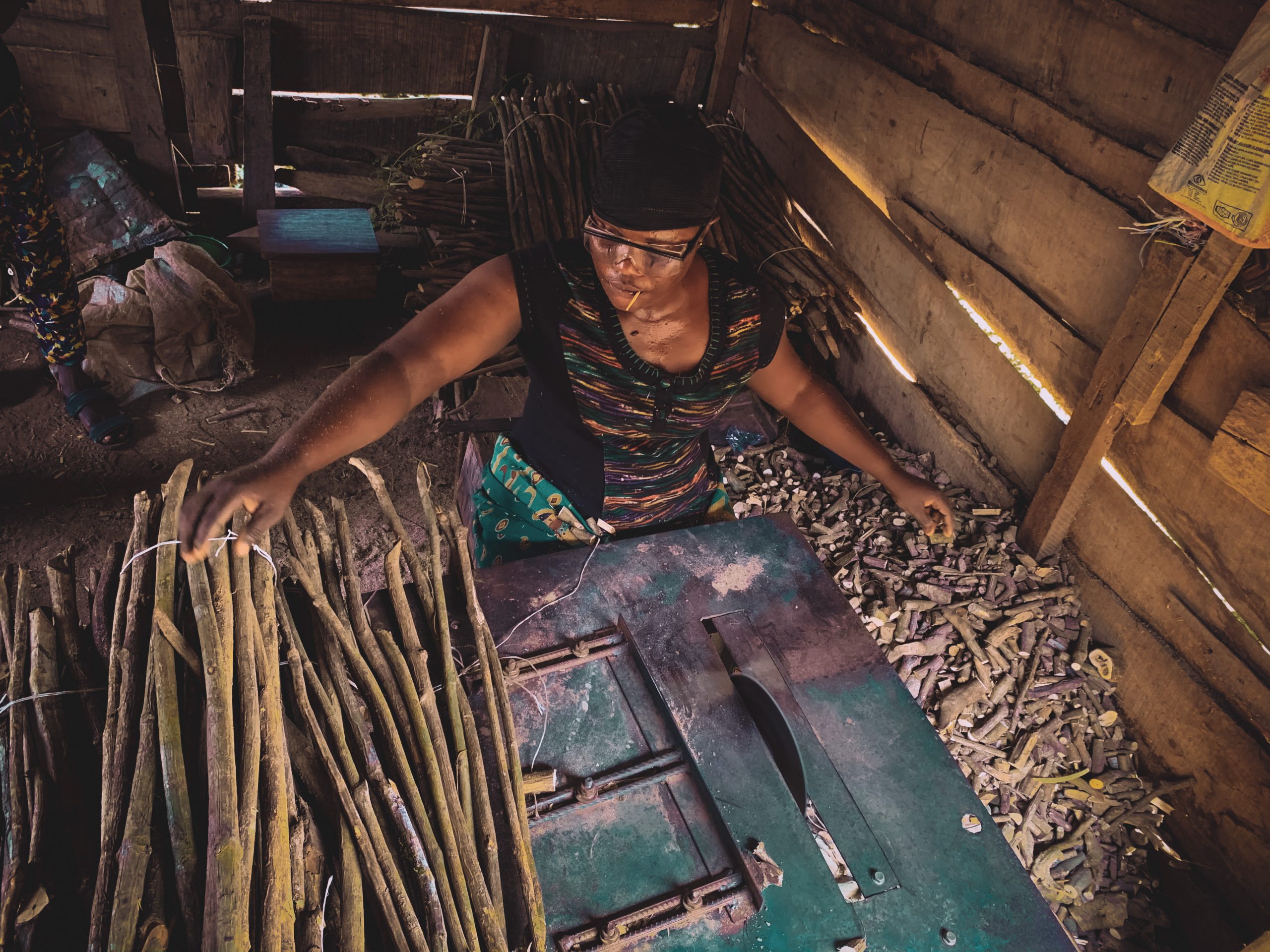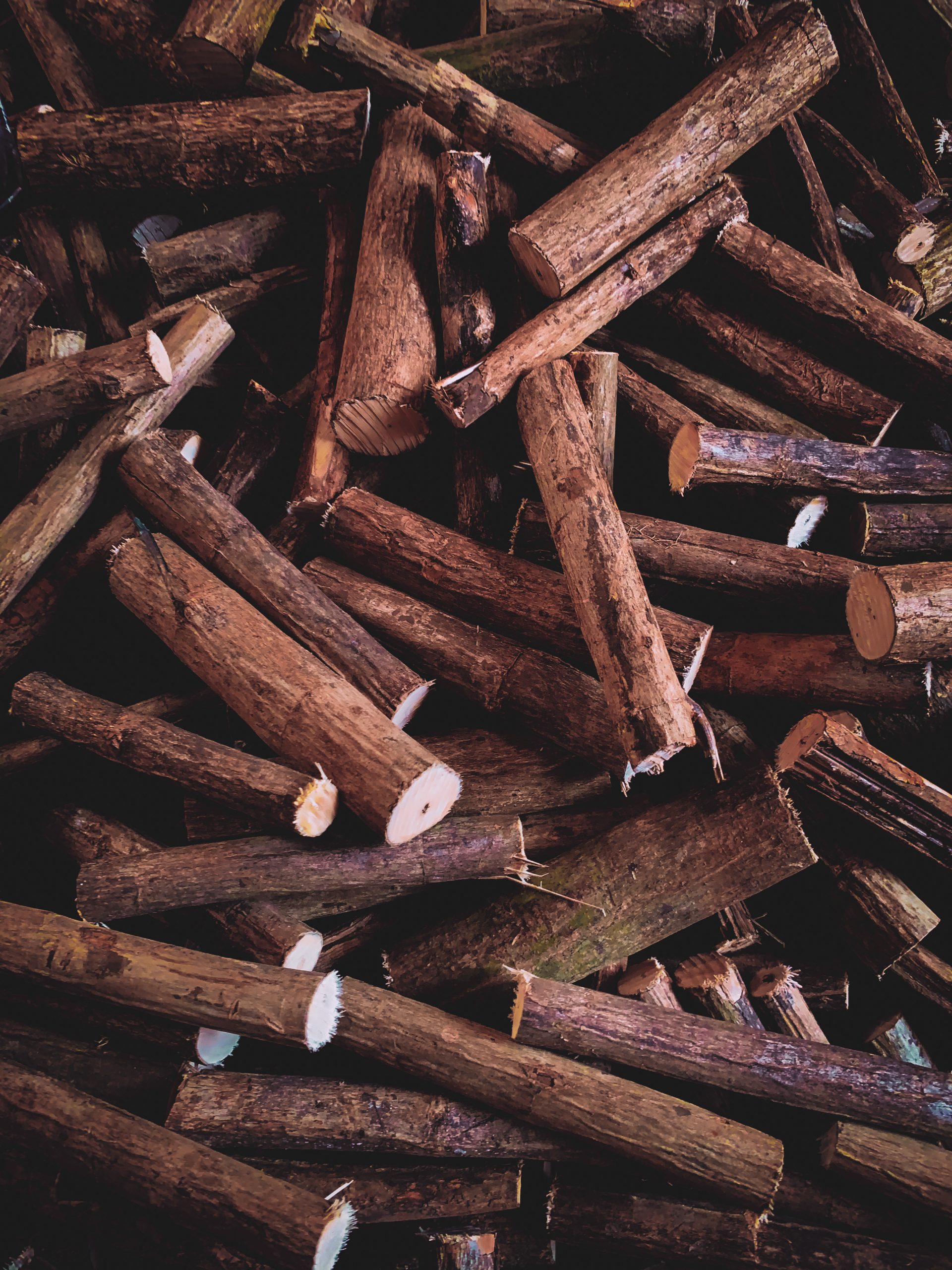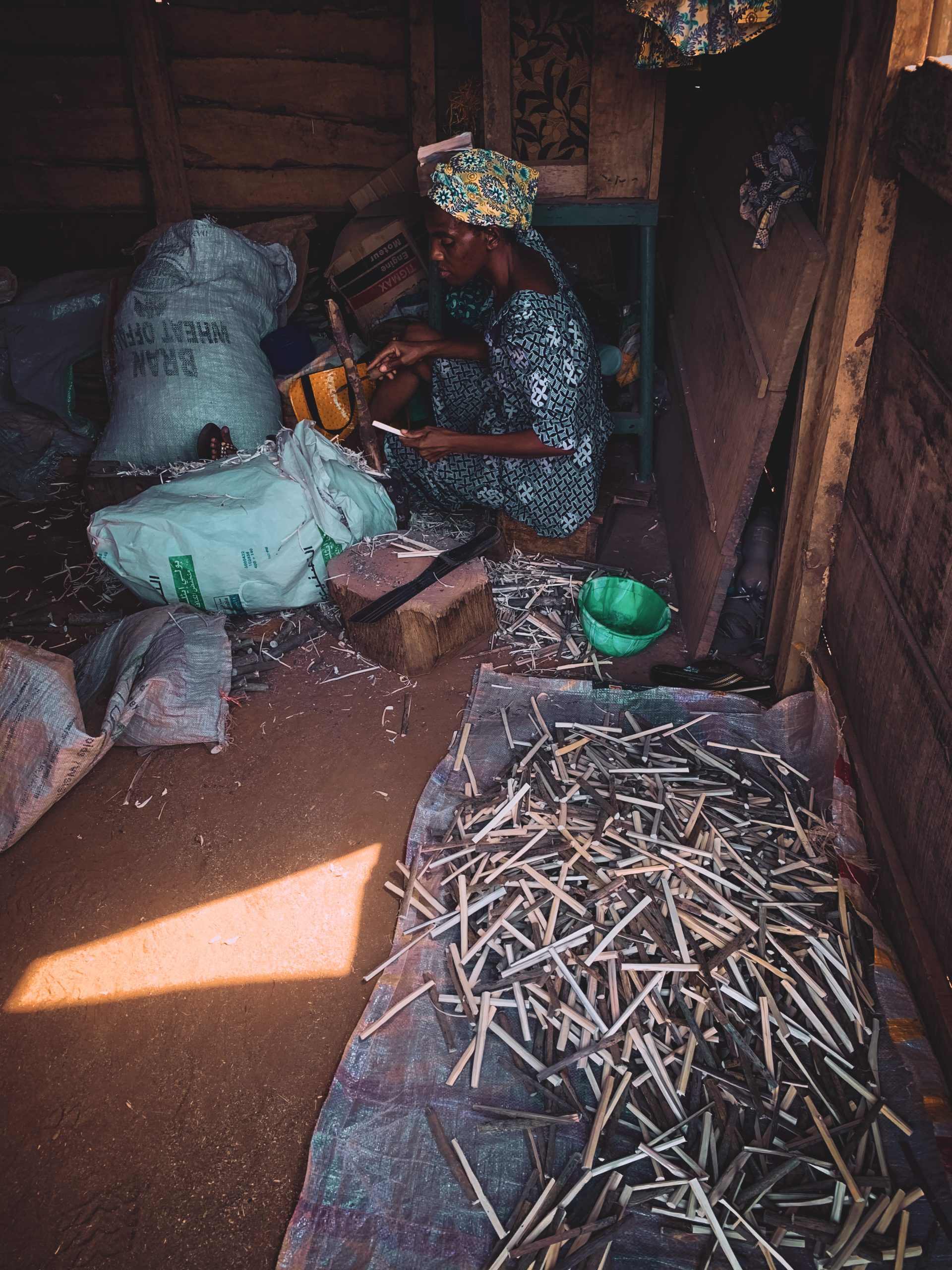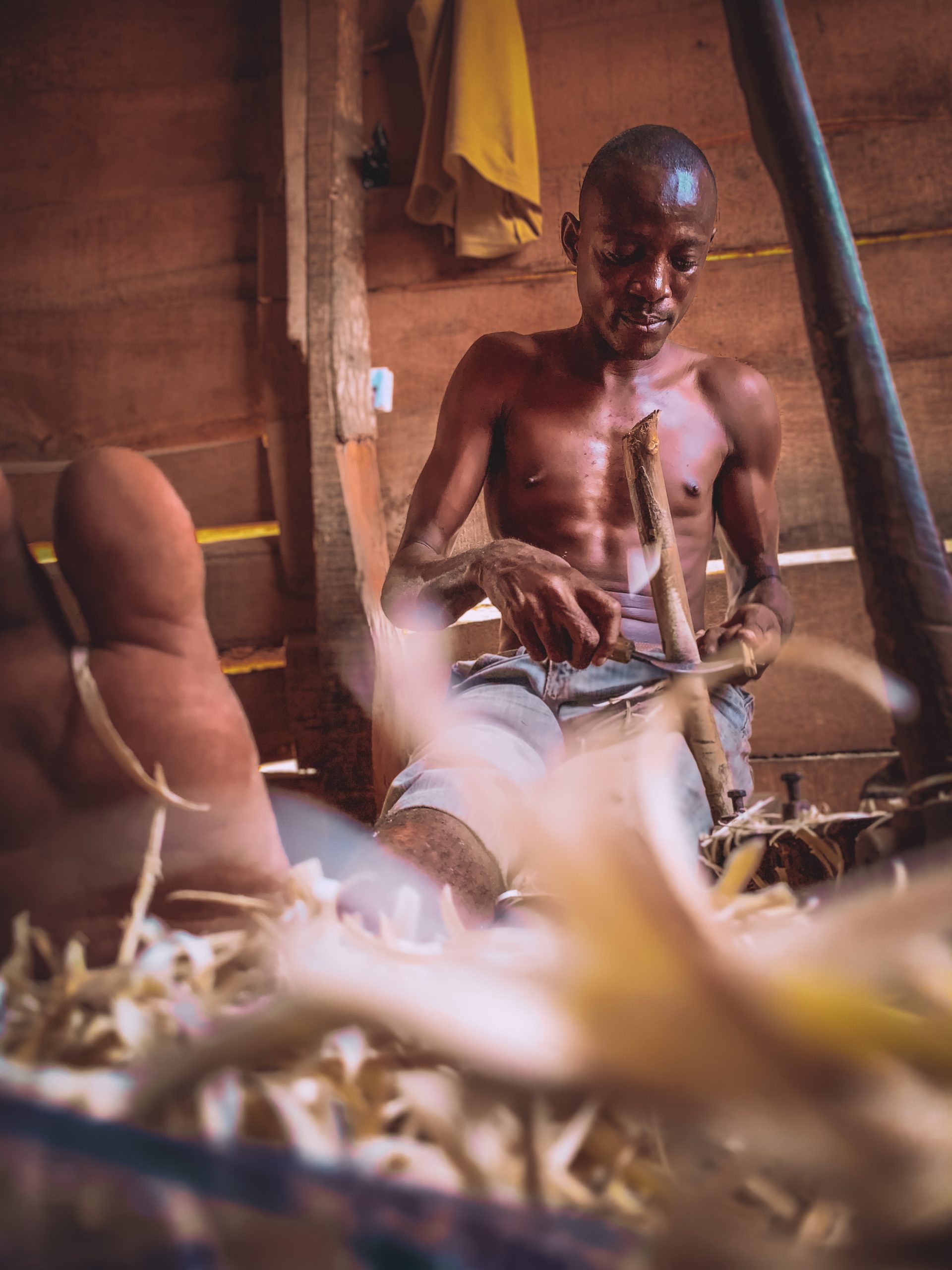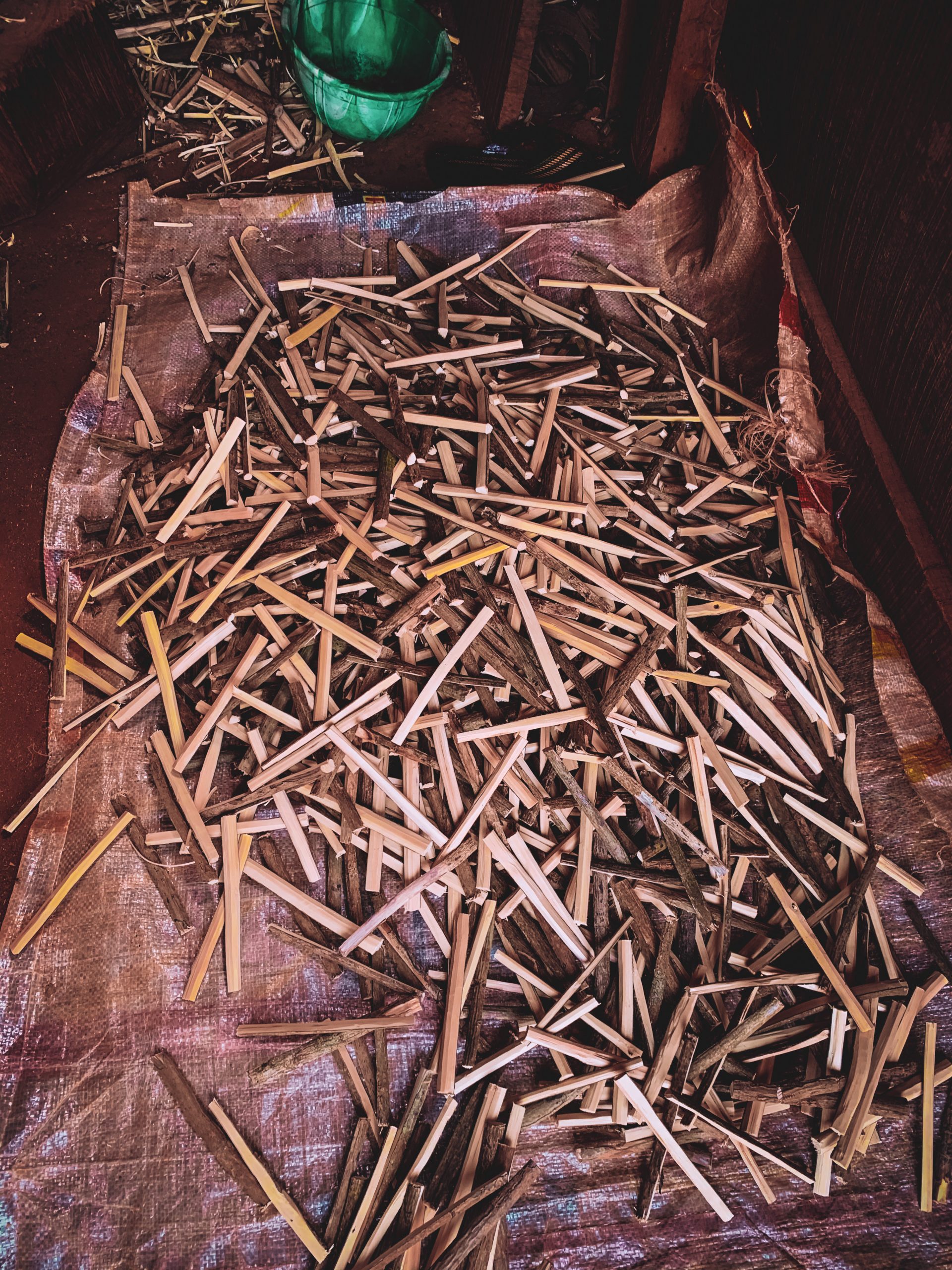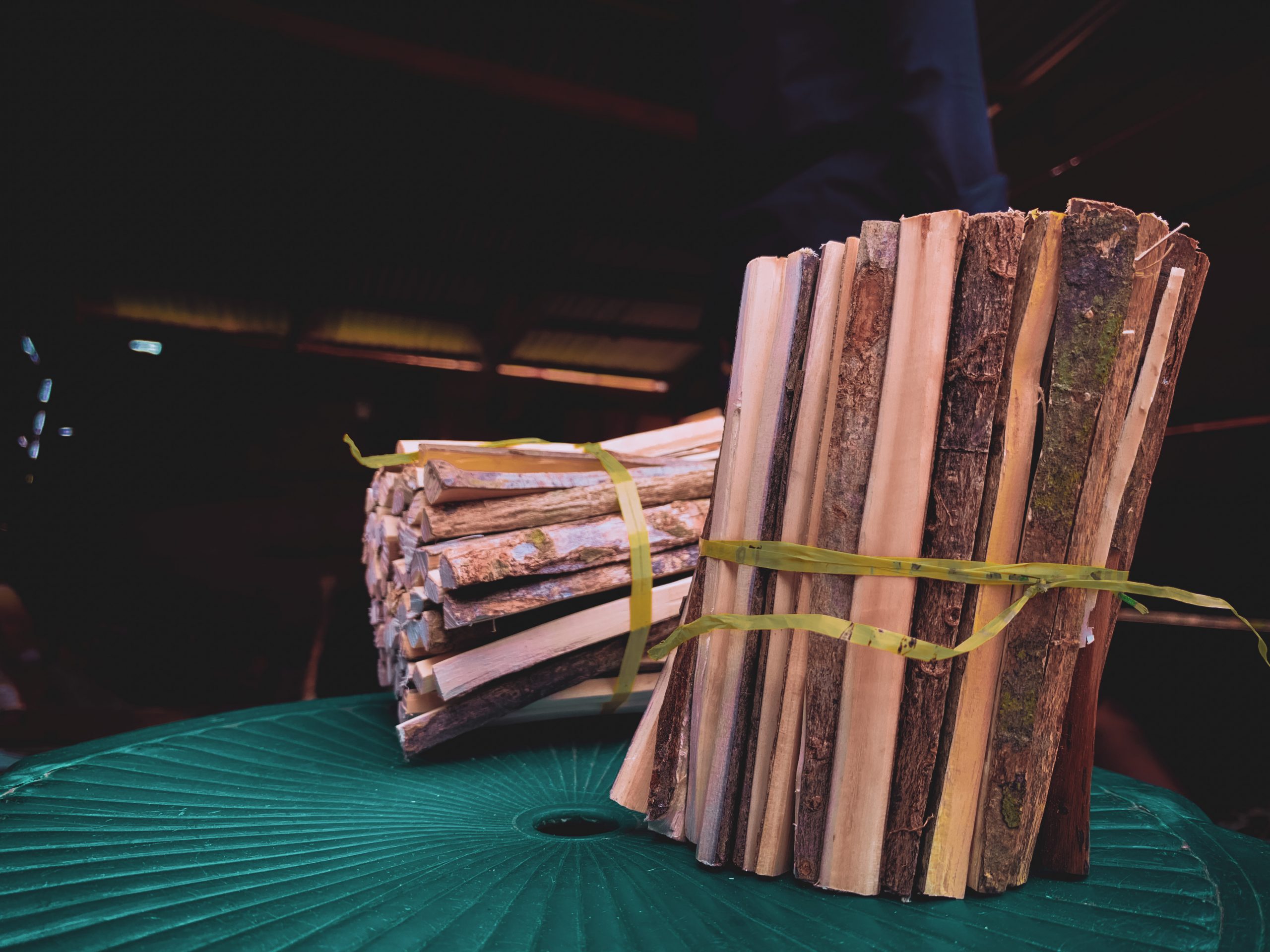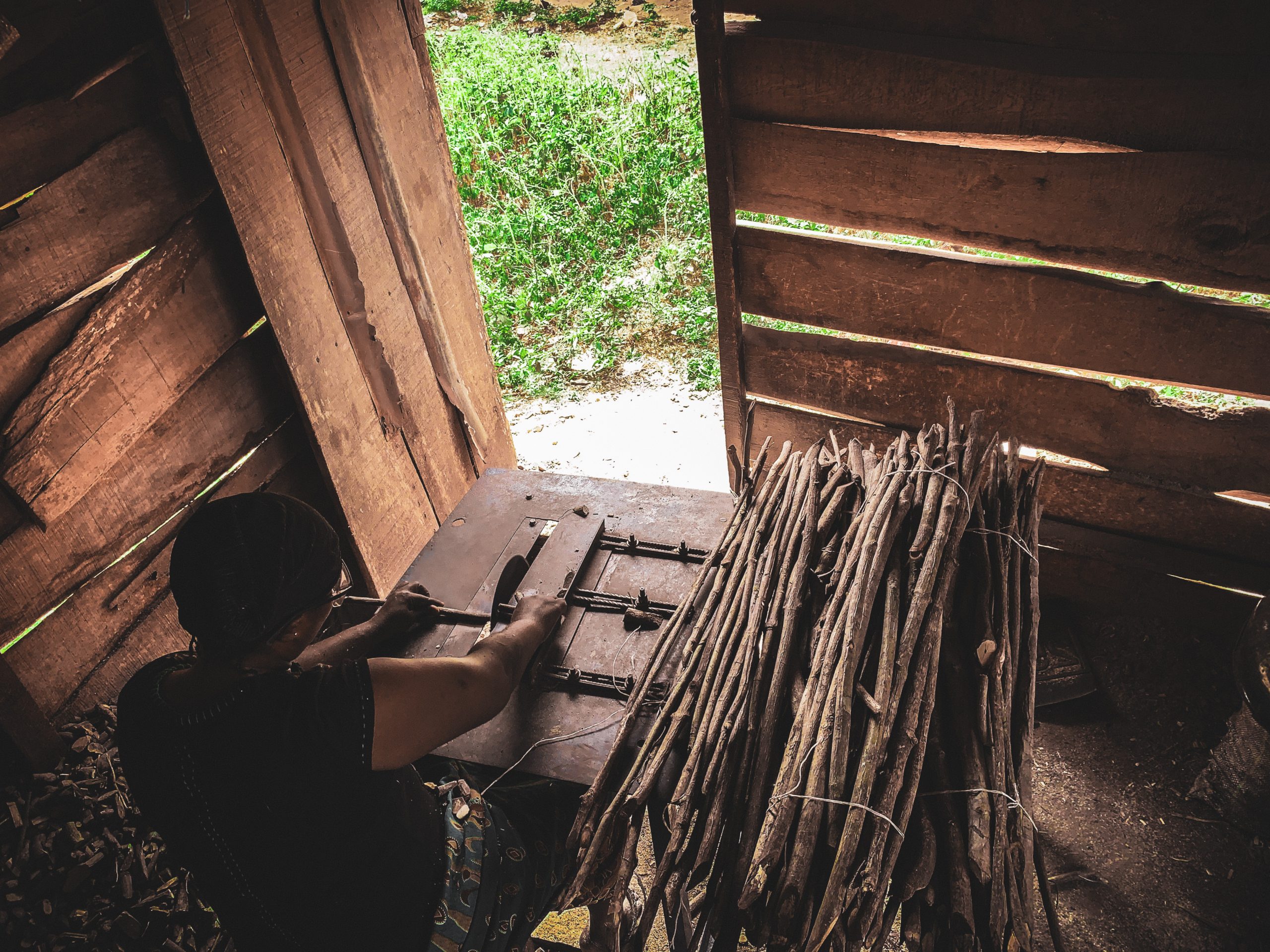PAKO IJEBU
What if I tell you the is real PAKO IJEBU we’ve all been yelling about right from our childhood? It is very well known as the nō 1’ business of the Ijebu people.
Pako Ijebu is the Origin business of Ijebu that has raised and brought the Ijebu name to the limelight. It was the best chewing stick no 1 brush in Nigeria for centuries, not just a brush but a healing brush that cures certain oral hygiene like Pako Ijebu (Massularia Acuminate) and Orin Ayan (Distemonanthus benthamianus). Research made it known the popular place the pako exists is ‘Imepe Ijebu’ and also exists in Ijebu ode.
⠀
The Ijebu ode Pako industry existed for centuries which is the deport the farmers distribute and produce for wholesale.
PAKO IJEBU still exists to date, if you’re looking for an original from the source, now you know how to find it. The Ijebu chewing stick is deeply rooted in cultural heritage, particularly in the southwestern region of Nigeria. Its usage spans centuries, tracing its origins to an era when simplicity and natural resources were the essence of daily life. The Ijebu people, renowned for their rich traditions, have passed down the art of oral care using Pako Ijebu from one generation to the next.
The choice of Pako Ijebu over commercial toothpaste reflects a profound connection to nature. The chewing stick is often derived from neem or other medicinal trees, harboring natural antibacterial properties. Elders believe in the inherent wisdom of nature, trusting that these sticks not only clean the teeth but also contribute to overall oral health.
While modern toothpaste boasts various flavors and textures, Pako Ijebu embraces simplicity. Its raw, unadorned form symbolizes a return to basics, an embrace of the straightforward elegance that defines the Nigerian way of life. The chewing stick is a manifestation of the belief that true beauty lies in simplicity.
The act of using Pako Ijebu transcends mere oral care; it is a communal experience that has fostered
bonding. Elders and villagers share stories, laughter, and wisdom while attending to their oral hygiene. This communal aspect fosters a sense of unity and connection, reinforcing the cultural fabric that binds communities together.
It also champions economic sustainability. Unlike commercial toothpaste, which involves complex manufacturing processes, these chewing sticks are locally sourced and readily available. Choosing Pako Ijebu supports local economies and preserves age-old practices.
While Pako Ijebu remains a cherished tradition, the influx of modern oral care products poses challenges
to its continued prominence. However, there’s a growing realization that the cultural and natural wisdom embedded in these chewing sticks should not be overshadowed by contemporary alternatives

